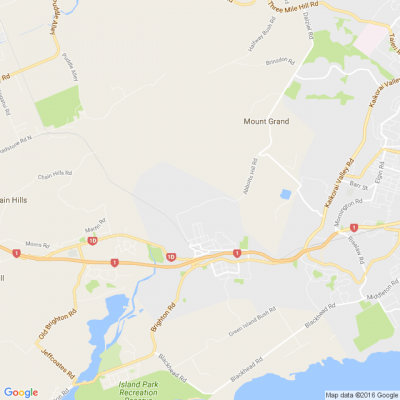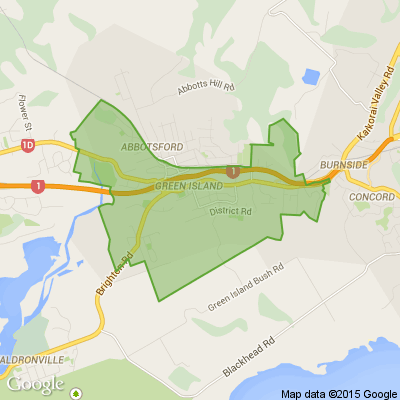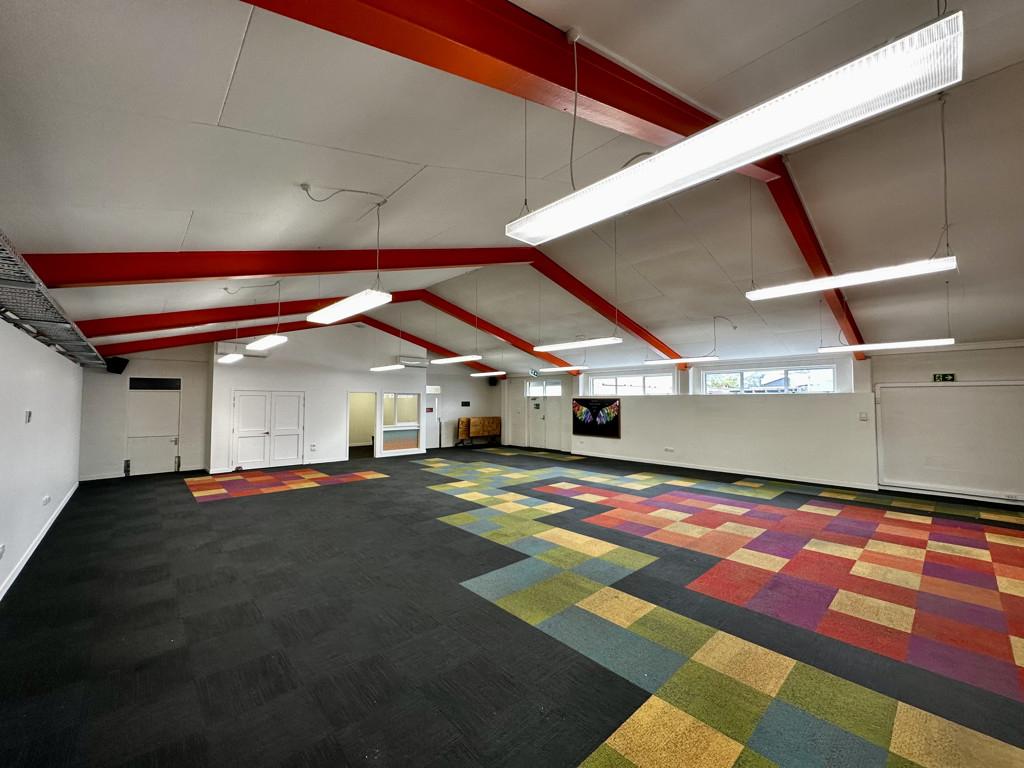'That mixture should not happen': Ombudsman issues scathing report on psychiatric ward
A scathing report has slammed an inpatient unit at Dunedin's Wakari Hospital that housed male and female patients together, including some who posed a serious risk to others.
Chief Ombudsman Peter Boshier's report on Ward 10A noted the12-bed medium-secure facility was not fit for purpose, was in critical need for an upgrade, and was creating a “volatile environment”.
He noted the ward housed people of both sexes with intellectual disabilities and/or mental health issues.
That dynamic was compounded by some on the ward with criminal convictions, who posed a serious risk to others.
“That mixture should not happen. It is not accepted as acceptable practice ... you just don't do it," he said.
Boshier said he had never before seen a “mixture of what I would call criminal forensic and civilians who are there simply because they are unfortunately – and sadly mentally – unwell”. “I just don’t think it is fair.”
Staff told Boshier's inspectors that due to the complexity of the ward's patient mix and its layout, it applied restrictive practices to all patients, irrespective of their legal status or risk.
“I consider it unacceptable that non-forensic patients are subjected to restrictive practices simply due to being accommodated with forensic patients,” Boshier wrote in the 52-page report.
The report noted several patients had been in the ward long-term, including one who had spent 5316 days there.
The environment was described by a staff member as a “disgrace”, and Boshier believed staff and patient safety was compromised.
“I had never encountered that degree of directness by staff before ... I’ve not seen a facility operated in this way in all the inspection reports that we’ve done,” Boshier said.
He cited the case as another example of how the Ministry of Health had failed in its responsibility to ensure that investment in facilities met the needs of the community.
Boshier also highlighted issues with seclusion and restraint inside 10A, including a patient who was barricaded in their room and another who had a N95 face mask placed on them while being restrained, to stop them from spitting.
The ombudsman's report noted some positive aspects of the ward, including patients being able to lock their bedroom and bathroom doors.
The Southern District Health Board (DHB) said it understood the “need to address the co-habitation of forensic patients with non-forensic patients in Ward 10a, the restrictive practices placed upon non-forensic patients living in this environment and the gender separation of service users”.
Another report on Ward 6C, a12-bed secure mental health/psychogeriatric ward for older persons, noted that patients' access to fresh air and sunlight was also restricted.
One patient said they had been outside twice in the five weeks they had been there.
Inspectors made unannounced site visits at the sites between March and June last year, under the Crimes of Torture Act 1989.
Health Minister Andrew Little said he was yet to read the report, but was aware of it.
The Government committed funding, back in 2019, to build and improve mental health facilities, he said.
In June, just 6 per cent of the $438.3 million allocated to new mental health facilities had been spent.
Little said the new Dunedin Hospital, which was due to be completed in 2028, should also improve mental healthcare in the region.
Poll: Are our Kiwi summer holidays helping us recharge, or holding the economy back? ☀️🥝
There’s growing debate about whether New Zealand’s extended Christmas break (and the slowdown that comes with it) affects productivity.
Tracy Watkins has weighed in ... now it’s your turn. What’s your take? 🤔

-
72.6% We work hard, we deserve a break!
-
16.7% Hmm, maybe?
-
10.8% Yes!
Brain Teaser of the Day 🧠✨ Can You Solve It? 🤔💬
How many balls of string does it take to reach the moon?
(Peter from Carterton kindly provided this head-scratcher ... thanks, Peter!)
Do you think you know the answer? Simply 'Like' this post and we'll post the answer in the comments below at 2pm on the day!
Want to stop seeing these in your newsfeed? No worries! Simply head here and click once on the Following button.

Some Choice News!
Many New Zealand gardens aren’t seeing as many monarch butterflies fluttering around their swan plants and flower beds these days — the hungry Asian paper wasp has been taking its toll.
Thanks to people like Alan Baldick, who’s made it his mission to protect the monarch, his neighbours still get to enjoy these beautiful butterflies in their own backyards.
Thinking about planting something to invite more butterflies, bees, and birds into your garden?
Thanks for your mahi, Alan! We hope this brings a smile!







 Loading…
Loading…













